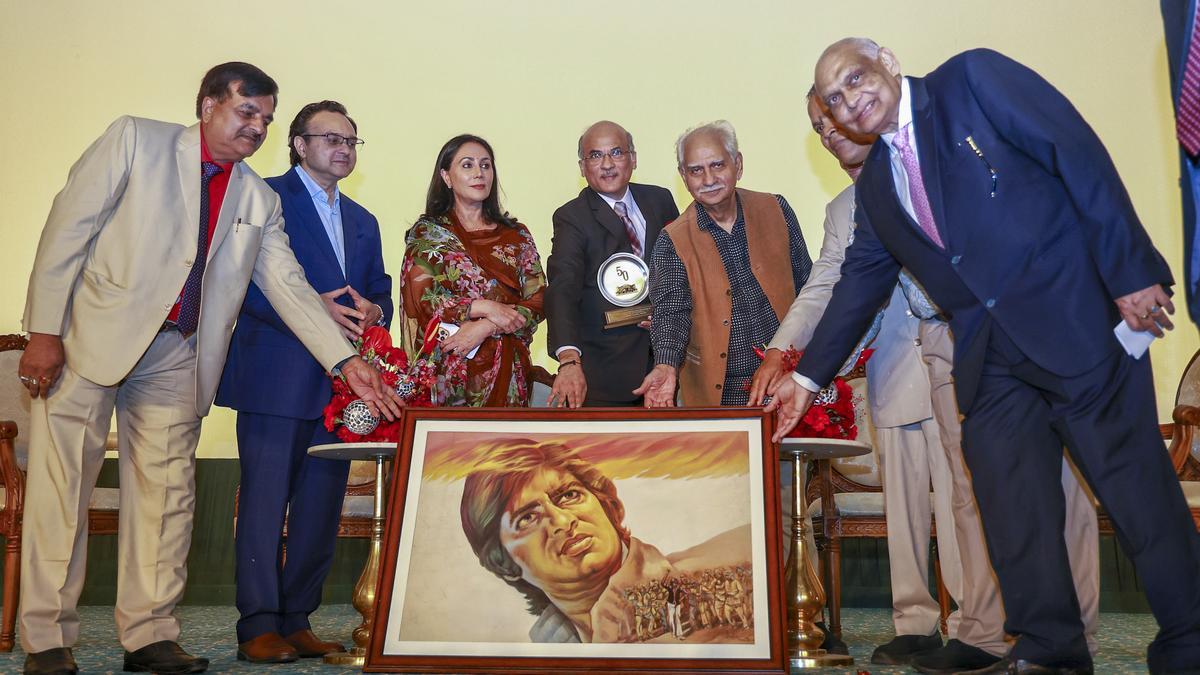
In a decisive move by the Board of Control for Cricket in India (BCCI), it has been pronounced that players who are currently not part of the Indian national team and are not undergoing rehabilitation at the National Cricket Academy must partake in the upcoming round of the Ranji Trophy matches. Cricbuzz has reported this development, which reflects the cricket board’s stringent stance on the commitment of players to domestic cricket amid rising concerns of players possibly bypassing state responsibilities in anticipation of the Indian Premier League.
The directive specifies that players are required to join their respective state teams for the matches commencing on February 16. This mandate has emerged in the wake of observations that players such as Ishan Kishan, Krunal Pandya, and Deepak Chahar have been absent from their state team rosters despite not being involved in any international duty. Through this rule enforcement, the BCCI is sending an indirect yet clear message to players regarding their obligations to state-level cricket.
A BCCI official, quoted by the website, emphasized the significance of domestic cricket, stating, “Players cannot simply prioritize international cricket or the IPL. They must make themselves available for domestic cricket and honour their commitments to their respective state teams.”
The conversation around the importance of domestic play for resting players has been amplified with examples such as Ishan Kishan, who, after opting for a hiatus from the Indian team ahead of the Test series against South Africa, has not featured for his state side. Instead, Kishan was recently spotted training in Baroda with Hardik Pandya and Krunal Pandya, seemingly focusing on individual preparation rather than team participation.
Indian head coach Rahul Dravid has previously weighed in on Kishan’s need for active playtime, with implications for his return to the national side. Dravid clarified the individual’s autonomy in the matter, explaining, “Whenever he is ready, I didn’t say he has to play domestic cricket, I said whenever he is ready, he needs to play some cricket and come back. The choice is his. We are not forcing him to do anything. We are in touch with him, it is not that we have not been in touch. He has not yet started playing right so at the moment it is not something we can consider. Because you know he maybe he is not ready. He decides when he wants to be ready. We have got options with Rishabh injured and stuff. I am sure the selectors will weight all options.”
The urgency of the BCCI’s participation requirement carries further weight with the case of Avesh Khan, who, despite being unselected for the remaining Test matches against England, was noticeably absent from the Madhya Pradesh team in their Ranji Trophy clash with Baroda on February 9.
This decision is a reiteration of the BCCI’s commitment to strengthening domestic cricket and ensuring that the foundation of Indian cricket remains robust and competitive. It underscores the board’s viewpoint that while international and franchise cricket are vital, the domestic scene should not be undervalued or neglected. The integrity of the sport at every level relies on the active engagement of its players, and with this directive, the BCCI hopes to sustain the enthusiasm and standard of cricket across India, reserving the pride and zeal associated with representing one’s state in the country’s premier domestic competition.










